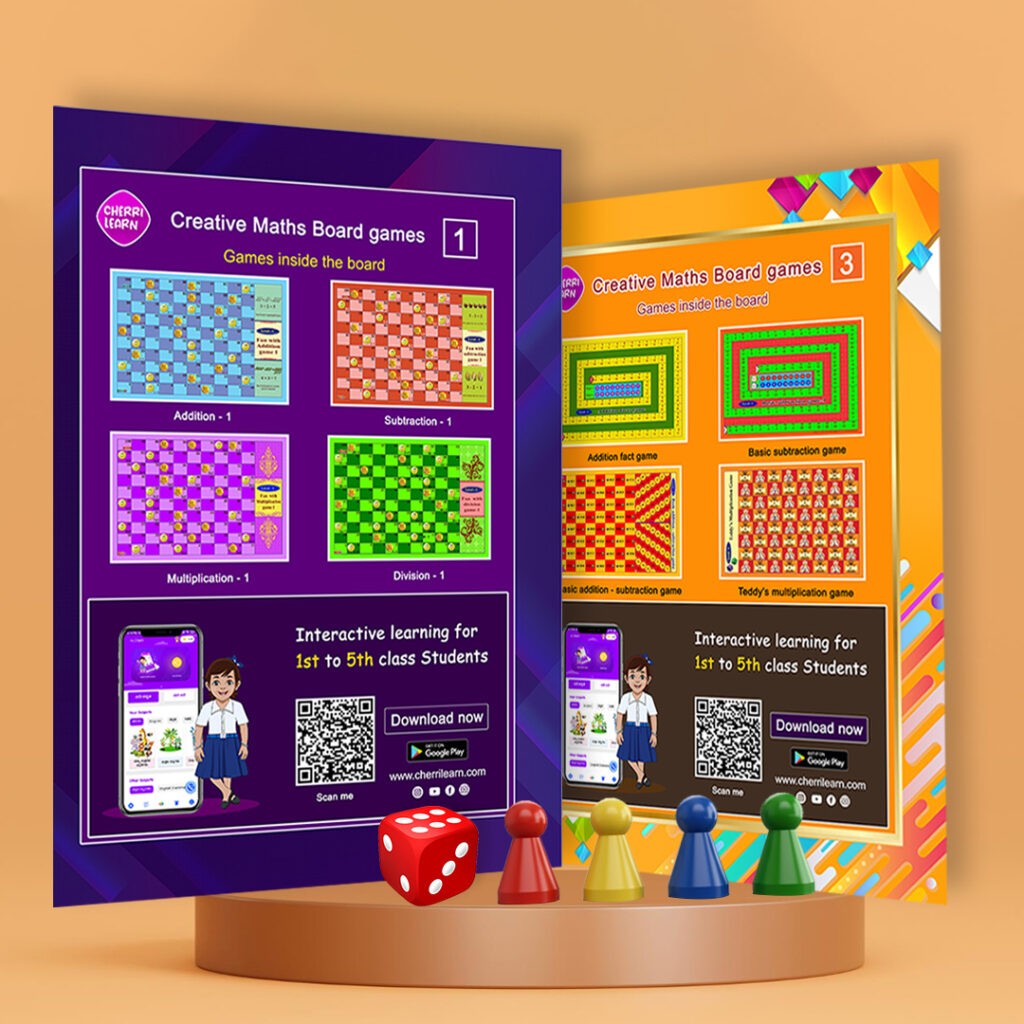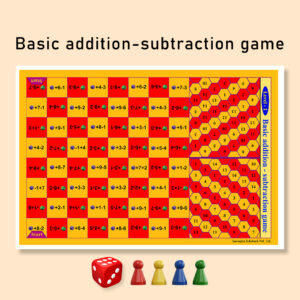
Mathematics has often been regarded as a subject of dread for many children. However, what if learning math could be as fun as playing your favorite board game? Enter the world of math board games – a captivating way to teach and reinforce basic math concepts while having a fun. In this article, we’ll explore how these games can transform math into an enjoyable adventure and help children master the fundamentals.
To Know more about mathematics, click here!
1. Learning Through Play: Math board games seamlessly blend learning with play, making it easier for children to absorb mathematical concepts. By turning math problems into engaging challenges, these games encourage active participation and enthusiasm.
2. Reinforcing Basic Math Skills: Whether it’s addition, subtraction, multiplication, or division, math board games provide ample practice for basic arithmetic. Through repeated gameplay, children become more confident in tackling these fundamental operations.
3. Problem-Solving Skills: Math games often involve strategic thinking and problem-solving. Players must figure out the best moves to win, which sharpens their analytical skills and helps them approach math problems with a problem-solving mindset.
4. Healthy Competition: Friendly competition in board games can motivate children to excel. When solving math questions becomes a part of winning, children are more inclined to improve their math skills to achieve success in the game.
5. Hands-On Learning: Math board games offer a tactile learning experience. Manipulating game pieces and engaging with the board provide a hands-on approach to math, which can be particularly helpful for kinesthetic learners and they will never miss their fun.

6. Real-World Application: Many math board games simulate real-life situations, like managing money, running a store, or building structures. These scenarios show children how math is used in practical, everyday situations, making the subject more relatable and relevant.
7. Improved Memory and Concentration: Remembering rules, strategies, and numerical patterns in math board games enhances memory and concentration skills. These cognitive benefits extend beyond the game table to improve performance in math class.
8. Collaboration and Communication: Some math board games are designed for cooperative play. This encourages children to work together, discuss strategies, and communicate effectively, fostering social skills in addition to mathematical ones.
9. Reduced Math Anxiety: By presenting math as an enjoyable activity, math board games can help alleviate math anxiety. Children become more comfortable with numbers and equations, reducing the fear associated with math.
10. Lifelong Love for Learning: Math board games plant the seeds for a lifelong love of learning. When children experience the joy of discovering math through play, they are more likely to view learning as an exciting adventure, setting them on a path to continued educational success.
